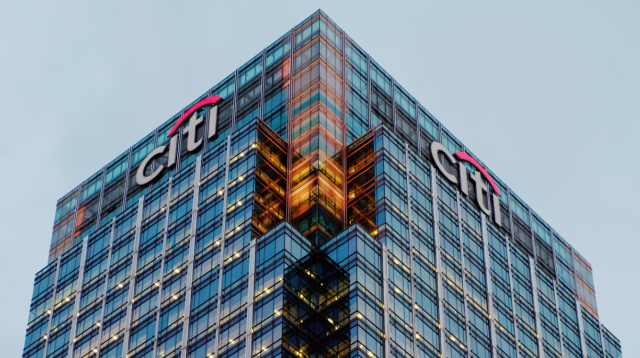Blockchain technology is giving Africa the opportunity and platform to stand for herself, especially in the financial technology ecosystem.
In a recent speech, while welcoming the President of France, Emmanuel Macron, the Ghanaian President, Nana Akufo-Addo emphasized that it is the responsibility of Africans to develop their nations by themselves. Akufo-Addo notes that it is not right for African nations to continue depending on the generosity of European taxpayers for aid and support, but that the continent should be able to handle their own basic needs by themselves.
Akufo-Addo said:
“Our main responsibility as leaders and citizens is what we need to do to grow our own countries.”
The role of fintech in development
Already acknowledged as underdeveloped when compared to other continents like Asia, Europe and America, most of the problems faced by the 1.2 bln people of Africa are directly or indirectly connected with financial inclusion and remittances.
Easy access to funds and efficiency of transactions have proven to be major determinants of wealth creation and growth in today’s world. As a matter of fact, in some cases it stands out as the difference between development and primitive existence. This is evident in the dynamism and rate of change in communities where improved fintech products have been launched.
Typical examples include Kenya, whose rate of adoption of mobile money services has shown impressive results and consequences. Malawi is another great example; the country is taking significant steps to improve financial access such as setting measurable financial inclusion goals and joining both the Maya Declaration and the Better Than Cash. This progress on the regulatory and public policy side is reflected in its relatively high scores on country commitment and regulatory framework.
Dickson Nsofor, Founder of Kora Network, said:
“Financial services have been proven to help grow wealth. Unfortunately, for much of the world access is uneven and expensive. In many places formal banking is seen as something exclusively for the wealthy. Banks require high minimums and fees for opening and maintaining accounts. Due to the cost to serve and inability to prove identity, many financial institutions don’t open branches in remote or low-income areas, requiring people to travel for hours to transfer money.”
The emergence of Blockchain technology reveals huge potential in solving these problems and enabling the development of the continent.
Financial inclusion and remittances
According to Nsofor, technology is a big value add-on to humanity, although it has some disadvantages that cannot be overlooked. He notes that startups are the engine room of any nation that wants to remain competitive on a global scale. As an example, we can see how companies like Uber, Lyft, Facebook, PayPal, Instagram and others have shaped the world and added numerous economic benefits while bringing a total overhaul of the traditional systems.
The search for a better quality of life has led to the massive exodus of Africans, especially youths, to the West. As a result of this high rate of migration from Africa to the more developed parts of the world, sending money the other way round has grown to become a huge industry on its own. Emigres, therefore, need to send money back home for several reasons, most of which revolve around taking care of families and relatives.
Remittance money mostly for basic needs
The most common investment that families make with remittance money is education. One study by the World Bank showed that households in Ghana receiving remittance payments reduced their spending on food by at least 14 percent (meaning they had more disposable income in hand), and increased the margin on education by as much as 33 percent. In Nigeria and Kenya, more than half of total remittance spending is invested in homebuilding, land purchases and farm improvements.
Laolu Samuel-Biyi, director of remittances at SureRemit tells Cointelegraph:
“Diaspora remittances are an important income source for individuals and families across Africa and other major remittance corridors. Nearly half of these funds are sent home to support with basic needs like food, clothing, education, medicine and utility bills. The earning power of a significant portion of the population in the developing world is relatively low, so, many people rely on international remittances for their basic needs. The volume of funds will continue to rise as migrants prosper abroad.”
Samuel-Biyi notes that cross-border remittances are still tedious and costly to execute, largely because of the procedures required by financial institutions and governments to facilitate money transfers. However, the emergence of Blockchain technology provides the opportunity to remove many complicating layers inherent in the traditional remittance process, thereby making cross-border value transfers cheaper, faster and more secure.
With the liberality presented by Blockchain technology and the opportunity that it offers innovators to create and develop independent ideas, Africans are seizing the opportunity to free themselves from the shackles of underdevelopment and total dependence on their Western counterparts.
Obviously, total emancipation will not happen overnight, but a journey of a thousand miles must begin with one step. The attachment of financial solutions to the various aspects of development makes it expedient for Africa to take advantage of the opportunities presented by Blockchain and decentralized ledger technology. This will enable the continent to solve its peculiar problems and place itself on the same platform as its counterparts in the comity of nations.











